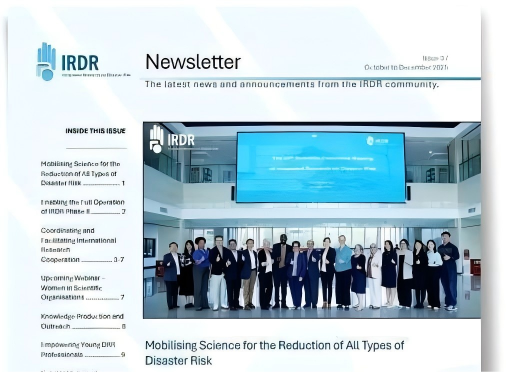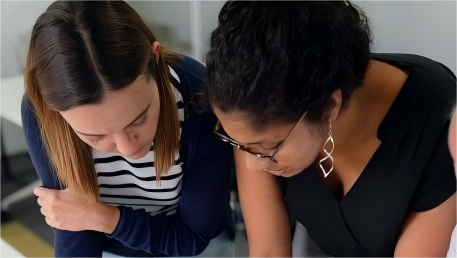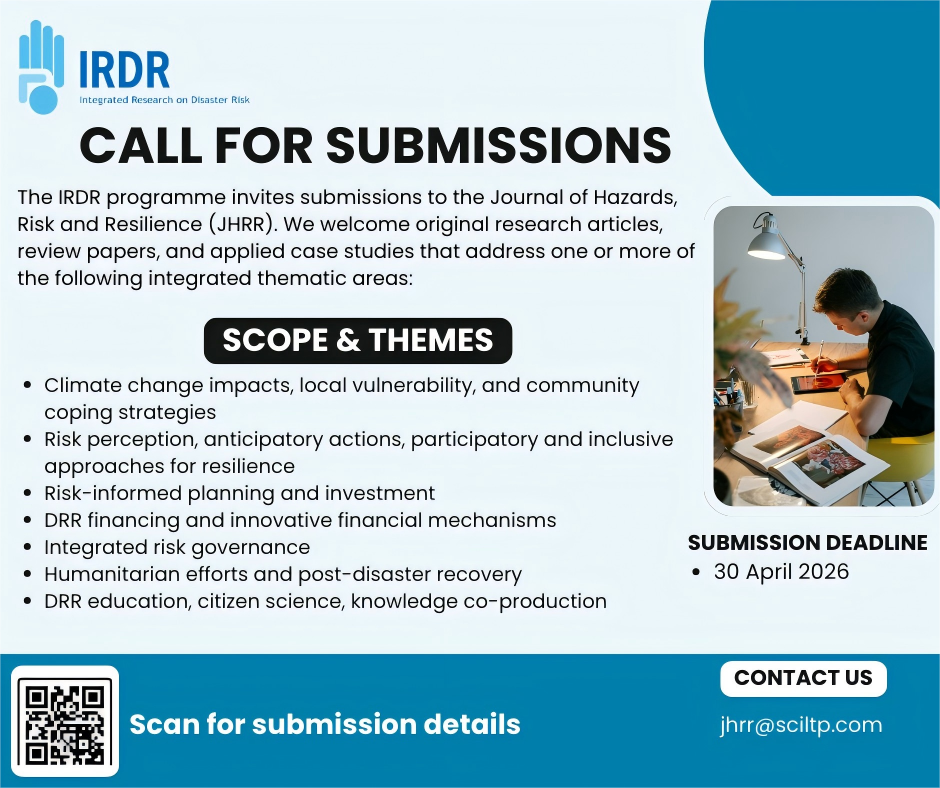The Research Alliance for Disasters and Risk Reduction (RADAR) based at Stellenbosch University in South Africa, and home to Periperi U and the IRDR ICoE REaL, held its Community Risk Assessment Training Short Course between 29 June and 3 July 2015. The course focused on strengthening community-based risk assessment capabilities for disaster management practitioners, teaching them a range of methods for participatory assessment and techniques for multi-stakeholder engagement as well as other quantitative and spatial risk-related data skills.
Eleven participants took part in the short course; 9 were from RADAR’s partner institutes (Bahir Dar University, Ethiopia and Ardhi University, Tanzania) in the Periperi U consortium (IRDR ICoE REaL). The theory class sessions took place on the first two days and introduced the principles, practice and ethics of conducting participatory risk assessments, the various tools used to gather information and its role in development planning and risk reduction in informal communities.

On day 3, participants were taken to the informal settlement of Wallacedene, 40km outside of Cape Town to put into practice what they learned in class. The participants explored with community members their perception of risks faced in their settlement, using tools such as ‘problem trees’, ‘livelihood calendars’ as well as ‘community risk mapping’. Community members were most concerned about the lack of services such as clean and accessible water, electricity and waste removal, and also articulated environmental health concerns linked to the accumulation of rubbish, raw sewerage and the scourge of diseased animals and pests.
Day 4 had the community members lead course participants on a transect walk through their settlement to see first-hand risks faced on a daily basis. The party then met with local stakeholders such as local government water and waste management, the ward councillor, police sergeant, and the environmental officer to present their results. This allowed community and local government stakeholders to discuss local risk issues and establish a base for further collaboration to address these risks.

On the final day, participants presented their findings on community risk assessment, shared their experiences, and deliberated on the effectiveness of the assessment, the participatory tools employed, and the stakeholder engagement. For more photos of the participatory risk assessments and the transect walk, please visit the RADAR Facebook page. The next RADAR short course will take place on 17-21November 2015.





